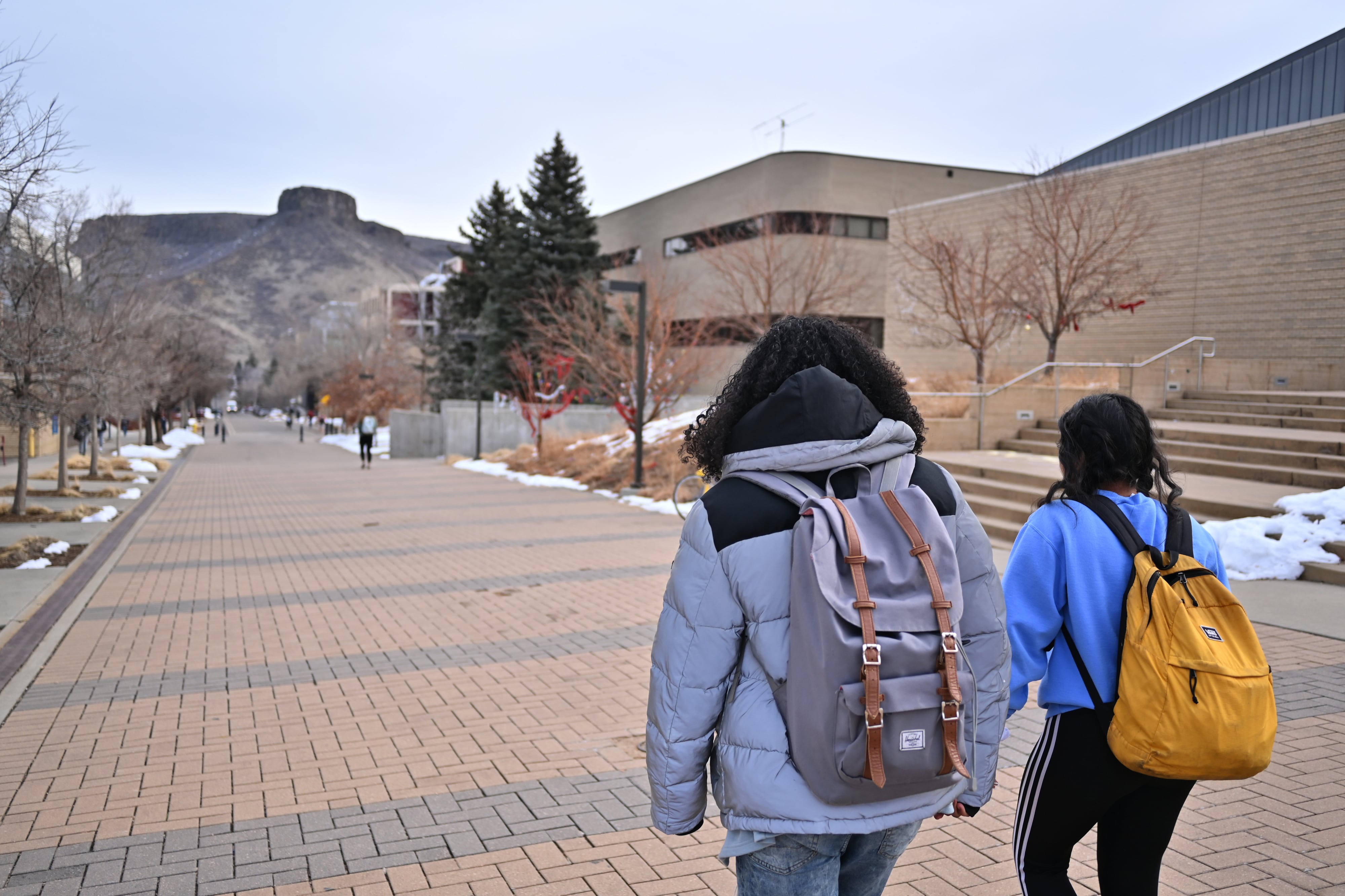Sign up for Chalkbeat Colorado’s free daily newsletter to get the latest reporting from us, plus curated news from other Colorado outlets, delivered to your inbox.
Starting with the class of 2026, Jeffco high school graduates who meet certain requirements will gain automatic admission to the Colorado School of Mines.
Students will have to earn an unweighted grade point average of 3.8 and a science, technology, engineering, and math (STEM) endorsement on their high school diploma to qualify. They will also have to apply by the School of Mines’ Nov. 1 priority deadline.
Officials from the 75,000-student school district and the public engineering university, both of which are based in Golden, announced the “first-of-its-kind” initiative Thursday. Erich Kirshner, a spokesperson for the School of Mines, said in an interview the program will give qualified Jeffco students a fast track to admission.
“What makes it exciting is that Mines is such a great environment if you’re excited to learn more about STEM,” he said. “And of course, the opportunities for Mines graduates, they’re extraordinary.”
Jeffco Superintendent Tracy Dorland said in a joint statement from Jeffco schools and the School of Mines that “The opportunity for our students who are passionate about STEM to build on the current skills and experiences they develop in high school and directly transition to a prestigious institution like Mines is both inspiring and a meaningful investment in their education.”
According to the joint statement, a recent survey of Jeffco’s junior and senior STEM students found that more than 50% said they would be more motivated to complete the STEM-endorsed diploma if it resulted in guaranteed admission to the School of Mines.
The university enrolls nearly 8,000 undergraduate and graduate students and admits about 60% of first-year applicants. Kirshner said the automatic admission initiative won’t mean larger classes of admitted students at Mines, but could mean more Jeffco students are in those classes. Currently, about 125 Jeffco students are admitted to the university each year, he said.
Kirshner said the university pursued the partnership to be a good neighbor to Jeffco schools and students.
The STEM diploma endorsement was created by Colorado lawmakers in 2017. It requires students to earn at least a 3.5 grade point average in four STEM-related classes beyond what’s required for graduation, show math proficiency through test scores or grades, and complete a STEM capstone project that’s based on a year’s worth of “in-depth learning” and hands-on experience.
Ann Schimke is a senior reporter at Chalkbeat, covering early childhood issues. Contact Ann at aschimke@chalkbeat.org.






